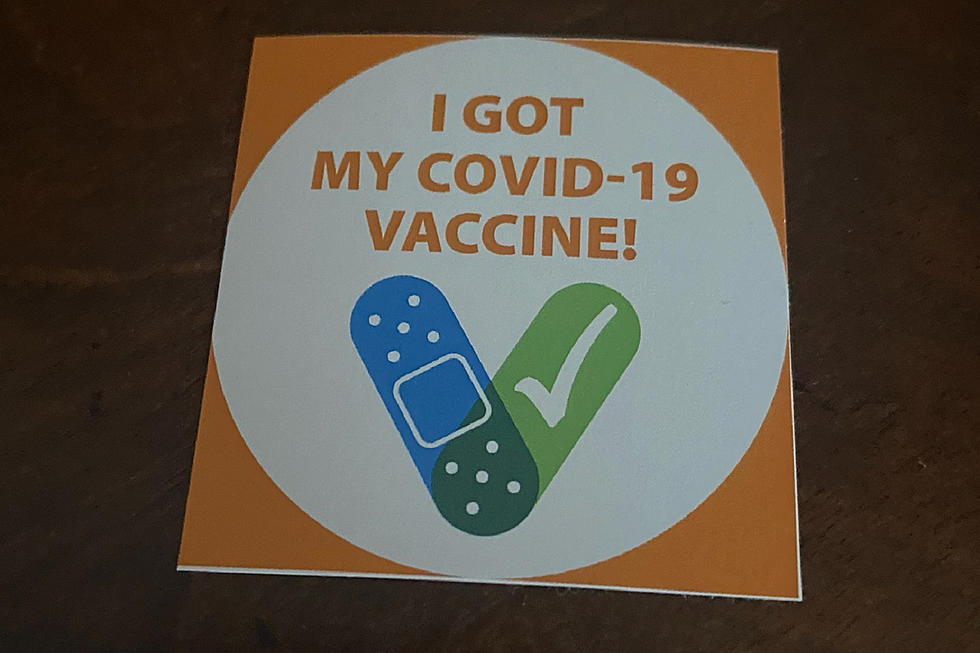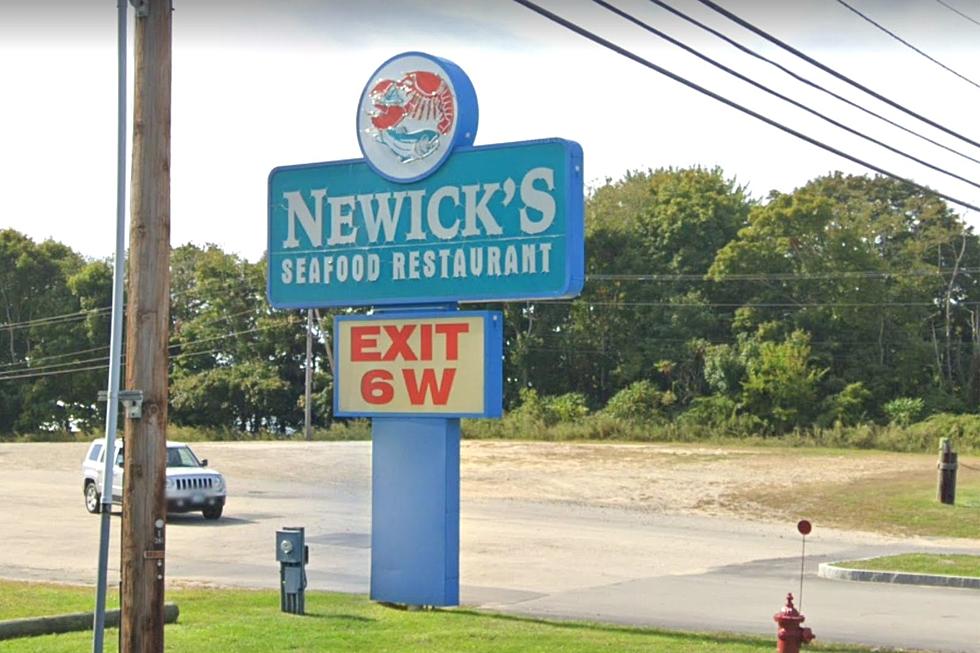
Omicron COVID-19 Variant Detected in NH
The omicron variant of COVID-19 has been confirmed in a New Hampshire resident.
The variant which was first reported in South Africa during Thanksgiving weekend and made its way to Europe and then the United States. New Hampshire is the first northern New England state to detect the variant.
The state Department of Health & Human Services reported the variant was found in an adult Cheshire County resident who traveled out-of-state and was exposed to another person who subsequently was identified with the Omicron variant infection. The New Hampshire resident had a mild illness and recovered during home isolation.
The resident was considered to be fully vaccinated but had not yet received a booster shot.
"The NH Public Health Laboratories (PHL) prioritized this specimen for genetic sequencing when the person’s PCR test showed a pattern potentially concerning for an Omicron variant infection. The PHL then conducted targeted genetic sequencing of the viral spike protein that showed genetic mutations consistent with the Omicron variant. Additional whole genome sequencing of the virus confirmed the Omicron variant," NH DHHS said in a statement.
Delta Still The Most Prevalent
The delta variant is still the prevalent strain in New Hampshire although that could change.
"The Omicron variant is predicted to be more infectious and may become predominant. Early data suggest that the omicron variant may be able to cause more breakthrough infections in vaccinated or previously infected persons compared with previous virus strains," NH DHHS said.
The state continues to have among the highest number of positive cases in the country with 1,146 new cases and 10,138 total active cases as of Friday, according to the state COVID-19 dashboard which was not updated Monday afternoon.
Symptoms of COVID-19 can range from asymptomatic infection or mild illness to more severe illness requiring hospitalization or resulting in death.
Early symptoms of COVID-19 can include:
- Fever or chills
- Cough
- Shortness of break or difficulty breathing
- Fatigue
- Muscle or body aches
- Headache
- Sore throat
- Congestion or runny nose
- New loss of taste or smell
- Nausea, vomiting, or diarrhea
Contact reporter Dan Alexander at Dan.Alexander@townsquaremedia.com or via Twitter @DanAlexanderNH
Answers to 25 common COVID-19 vaccine questions
More From Q97.9









